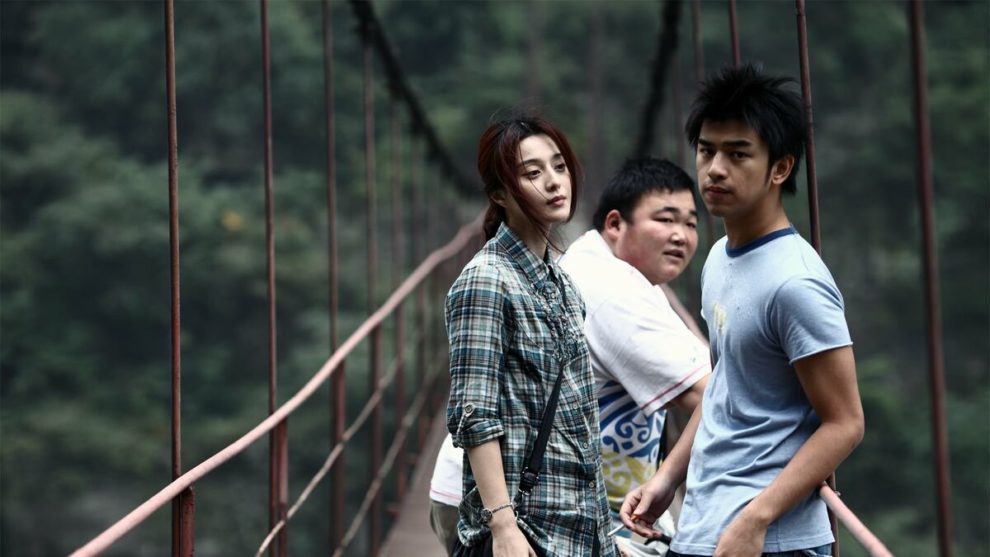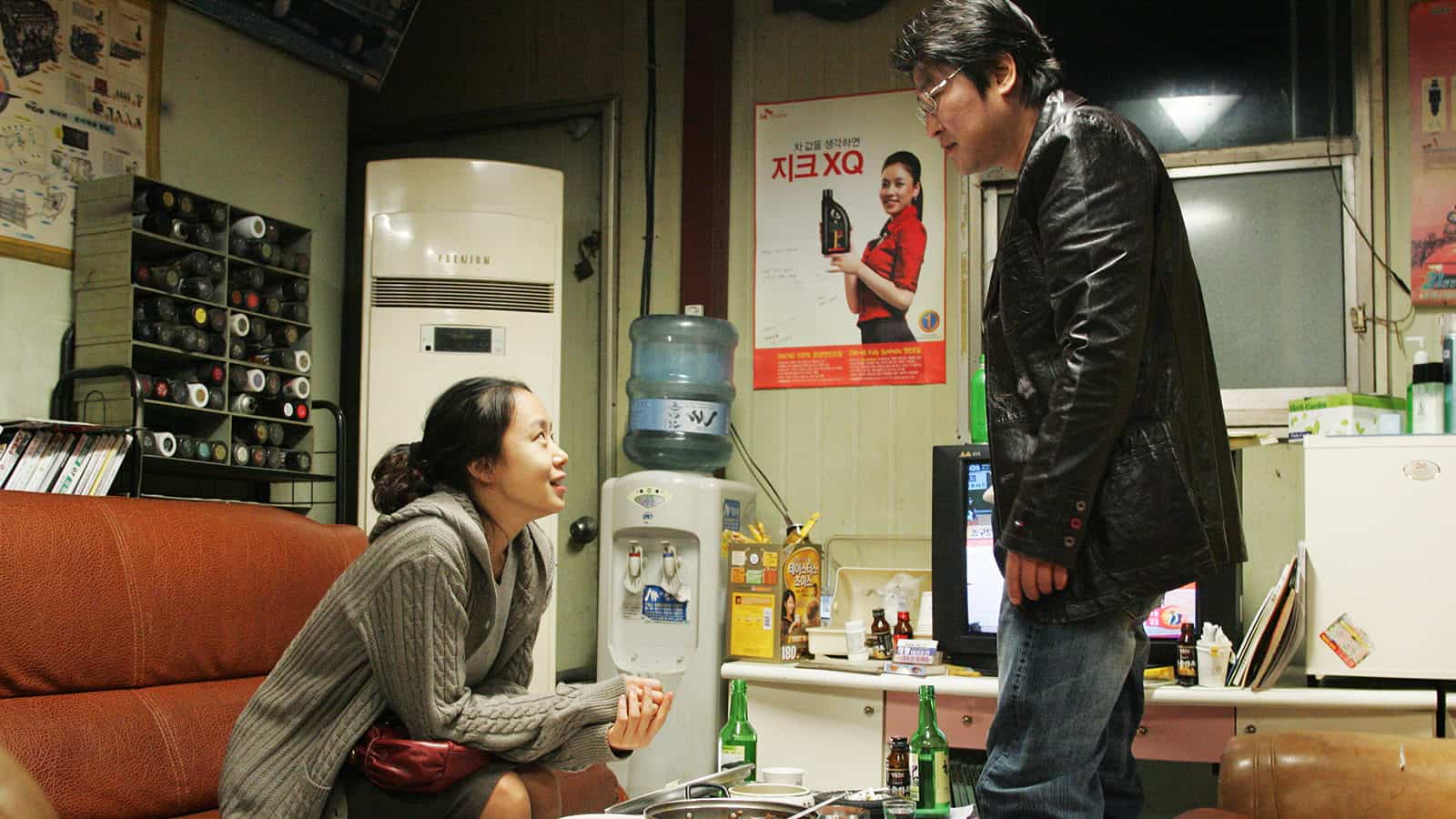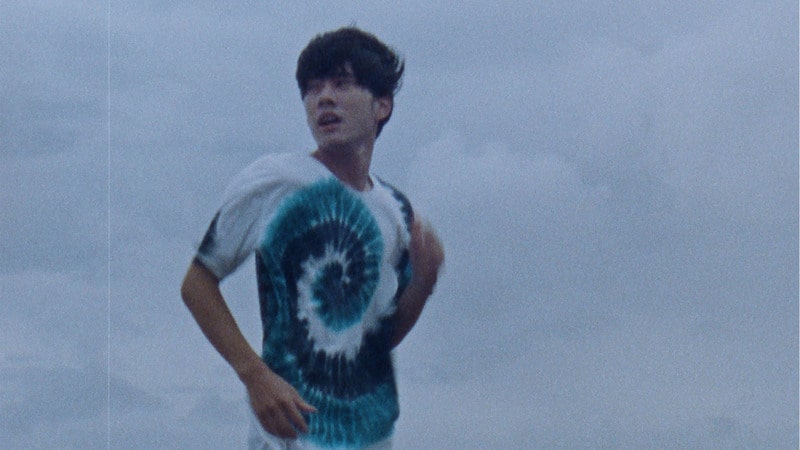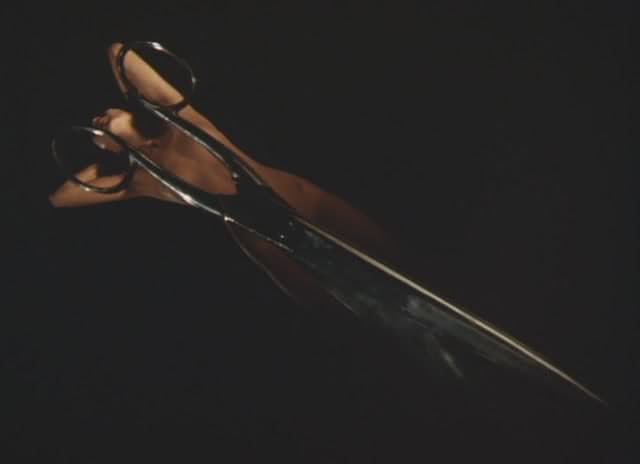Winner of a number of international awards, including two from Tokyo International Film Festival for Best Actress and Best Artistic Contribution and one for Best Film by Singapore Film Festival, “Buddha Mountain” is a crowning achievement for youth films, as much as a testament to how good an actress Fan Bingbing is.
Watch This Title
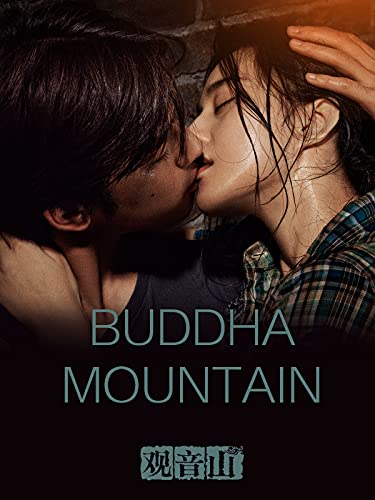
Ding Bo, Nan Feng and Fei Zao aka Fatso are three friends whose broken homes have forced them to move away, and essentially form another kind of family, one based on friendship rather than blood ties. In that fashion, Ding Bo's mother has died and his father is about to marry his mistress, Nan Feng's father is a raging alcoholic and Fei Zao's parents are nowhere to be found. As they roam the streets and the bars of Sichuan, searching for a meaning in their lives as outsiders, they end up lodging in the apartment of a retired Chinese opera singer, Chang Yueqin, who is also alone in life, mourning the death of her son. As the past of all characters comes to the fore, the ties between them become stronger, and a purpose for them is finally revealed, particularly after a visit to a house that is to be demolished and a trip to a remote village, where a monk asks for their help to rebuild a temple among ruins from the 2008 Sichuan earthquake. Somewhere in the middle of all this, the unfulfilled romance between Ding Bo and Nan Feng faces an intense crisis.
Li Yu directs an existential youth/family drama, with the past of each character, and events they can not be held responsible for, have shaped their rather bleak present. Their sense of hopelessness, however, and the lack of purpose, eventually is the one that joins them all together, even if the various relationships in the story have to face a number of challenges before they are cemented. At the same time, that Chang Yueqin is looking to be a mother to someone, and the three youths are searching for a parent figure essentially, is another aspect that brings them closer together, essentially adding to the overall excellent characterization.

Apart from the existential and psychological comments, that eventually become philosophical and of religious nature, Li Yu also makes a number of social ones, revolving around the aftermath of the earthquake and the way contractors tried to oust people from their rundown home. The disaster is also presented through actual footage, with the overall destruction actually making an excellent parallel with the lives of the protagonists.
The overall bleakness and drama that permeate the narrative are broken by a number of comedic scenes, mostly revolving around Fatso, singing and dancing in various clubs, romance, and also a permeating sense of surrealism that derives from a number of unexpected cuts and the whole concept of travelling to the Buddha Mountain by jumping aboard a train, which is repeatedly implemented as a transitional tool. These elements are a welcome relief, adding much to the entertainment the film offers and also a testament to both Yu Li's excellent direction and Karl Ried and Jian Zeng's editing. Granted, the transitions occasionally are abrupt and lack logic, but they do fit the general aesthetic of the narrative nicely, even in that fashion.
The cinematography is another great aspect of the movie, with Jian Zeng capturing both the urban and the rural locations quite nicely, highlighting their difference by implementing many long shots in the latter and more close ups in the former. Furthermore, the scenes with the protagonists on top of the train are truly marvelous.
The acting, as much as the casting, is also top notch here, with the chemistry among the four being excellent. Fan Bingbing is the undisputed star as Nan Feng, with her plethoric presence filling every frame she appears in, in a rather demanding role that has her singing and dancing, being sad and happy, in love and frustrated, and even violent and comic in her interactions with Fatso, with Long Fei functioning as a great comic relief in the part. Chen Bo-lin as Ding Bo also has its moments, particularly in his interactions with his father, although his acting is at a lower level than Fan's, also suffering a bit by the fact that the romantic aspect is the weakest in the movie. Sylvia Chang gives another imposing performance as Chang Yueqin, with the ways her interaction with the three youths change her being the highlight of her performance.
“Buddha Mountain” is a great film that manages to stay enjoyable and easy-to-watch throughout its duration, despite its dramatic premises, while also being contextually rich, in a masterclass on how mainstream and art house cinema can be combined to great results.


